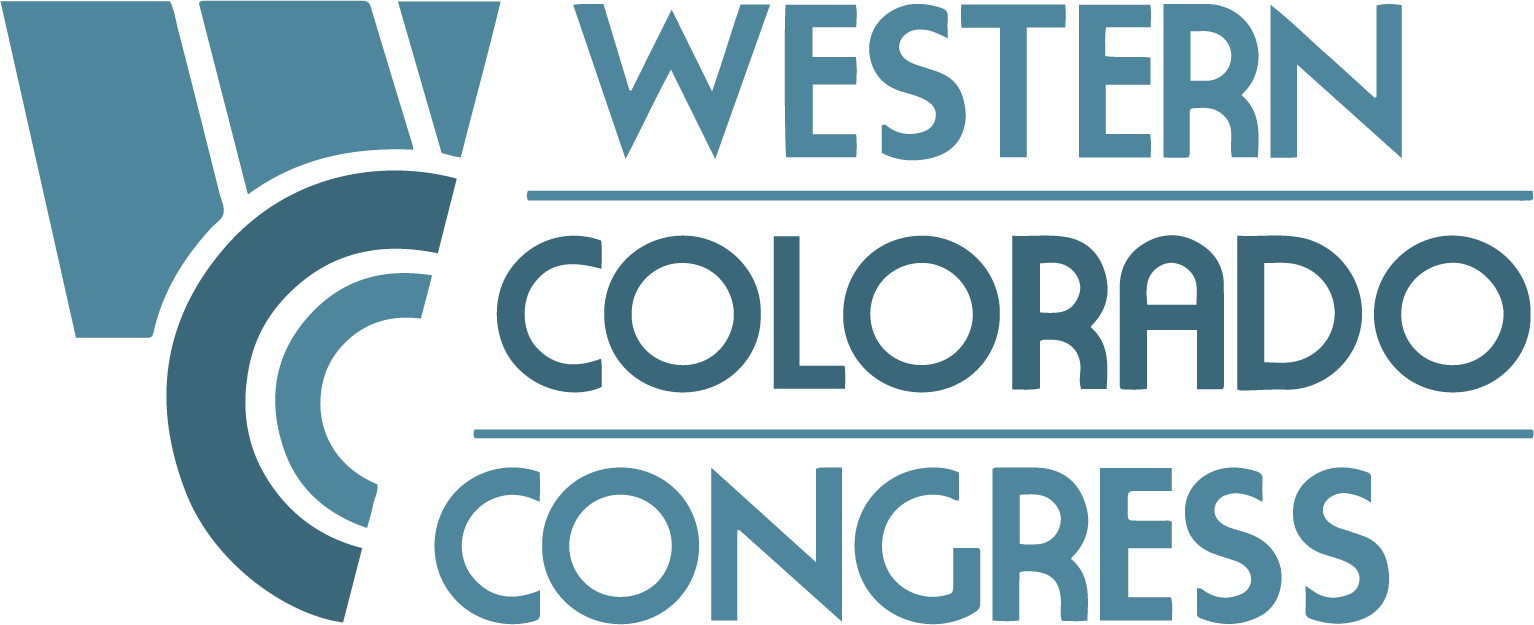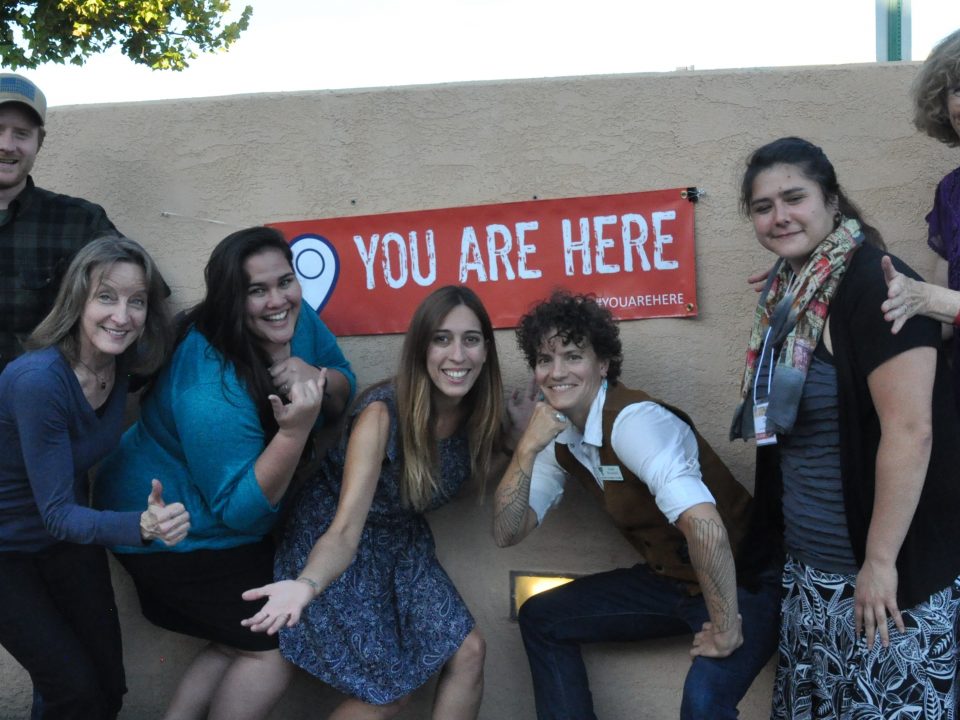- An Alliance For Community Action
- (970) 256-7650
- [email protected]
‘Growing Water Smart’ aims for balanced supply and demand
Hearing extended on Battlement Mesa drilling proposal
September 19, 2017Nov. 11 | Mountainfilm on Tour Montrose
October 18, 2017Guest post from the Sonoran Institute
Officials from six Front Range and Western Slope communities returned home with a greater understanding of how integrated water and land planning can lead to more balanced water supply and demand, following the inaugural Resilient Communities and Watersheds Growing Water Smart workshop in Keystone, Colorado earlier this month.
The three-day workshop, hosted by The Lincoln Institute of Land Policy and Sonoran Institute, introduced participants to a full spectrum of communications, public engagement, planning and policy implementation tools necessary to realize their watershed health and community resiliency goals. Topical sessions and team-based action planning provided context for how communities can meet some land use and water efficiency goals stated in the Colorado Water Plan, and taught practical steps for leading a community through a process to become more water smart.
Participants concluded the program with a commitment to improved collaboration among multiple disciplines, agencies and decision makers involved in water and land use planning in the Colorado River Basin. They also returned to their respective organizations equipped with specific actions that will allow them to immediately put into practice what they learned.
“We had a great mix of communities from both the Front Range and Western Slope,” said Jeremy Stapleton, Director of Climate Resilience for the Sonoran Institute. “Some were small and rural towns; others represented large metropolitan areas. Each was at a different stage of planning and considering options to integrate water and land use. That diversity made for an enriching, productive experience.”
Peter Pollock of the Lincoln Institute of Land Policy agreed. “The workshop was designed to encourage peer-to-peer learning. We shied away from bringing in lots of technical experts and instead, relied on team members to share their lessons learned and best practices,” he said. “Participants also spent a considerable amount of time working to identify priorities and next steps. We will be following up with them to see if we can provide any additional assistance.”
Although Colorado is a headwater state, the state’s water supply faces increasing uncertainty with more people migrating to over-appropriated river basins, longer droughts and more frequent fires. Colorado’s Water Plan predicts that by 2050, the state could have a gap between water supply and demand of up to 560,000 acre feet.
Kari Distefano, Town Manager of Rico, Colorado, said, “It was refreshing to go to a conference that was small enough to encompass a broad range of challenges in communities of different sizes. I truly believe that we walked away with an action plan that will allow us to make progress with some of Rico’s problems.”
The next Growing Water Smart workshop is scheduled for Fall 2018.
For more information about Resilient Communities and Watersheds, please visit https://sonoraninstitute.org/card/rcw/, follow us on Facebook and Twitter or contact [email protected].
###
About the Lincoln Institute
The Lincoln Institute of Land Policy seeks to improve quality of life through the effective use, taxation, and stewardship of land. A nonprofit private operating foundation whose origins date to 1946, the Lincoln Institute researches and recommends creative approaches to land as a solution to economic, social, and environmental challenges. Through education, training, publications, and events, we integrate theory and practice to inform public policy decisions worldwide.
About the Sonoran Institute
Founded in 1990, the Sonoran Institute’s mission is to connect people and communities with the natural resources that nourish and sustain them. We work at the nexus of commerce, community, and conservation to help people in the North American West build the communities they want to live in while preserving the values that brought them here. We envision a West where civil dialogue and collaboration are hallmarks of decision making, where people and wildlife live in harmony, and where clean water, air, and energy are assured. For more information visit: www.sonoraninstitute.org.
Discover more
- Siti Scommesse Non Aams
- Casino En Ligne
- Casinos Not On Gamstop
- Bookmaker Non Aams
- Non Gamstop Casino
- UK Online Casinos Not On Gamstop
- Canadian Online Casinos
- Non Gamstop Casino Sites UK
- Casino Sites Not On Gamstop
- Non Gamstop Casino Sites UK
- Online Casino Real Money
- Non Gamstop Casinos
- Casinos Not On Gamstop
- Casino Sites Not On Gamstop
- UK Casino Not On Gamstop
- Siti Scommesse Italiani
- Best Non Gamstop Casinos
- Meilleur Casino En Ligne
- Casino Not On Gamstop
- Non Gamstop Casino



